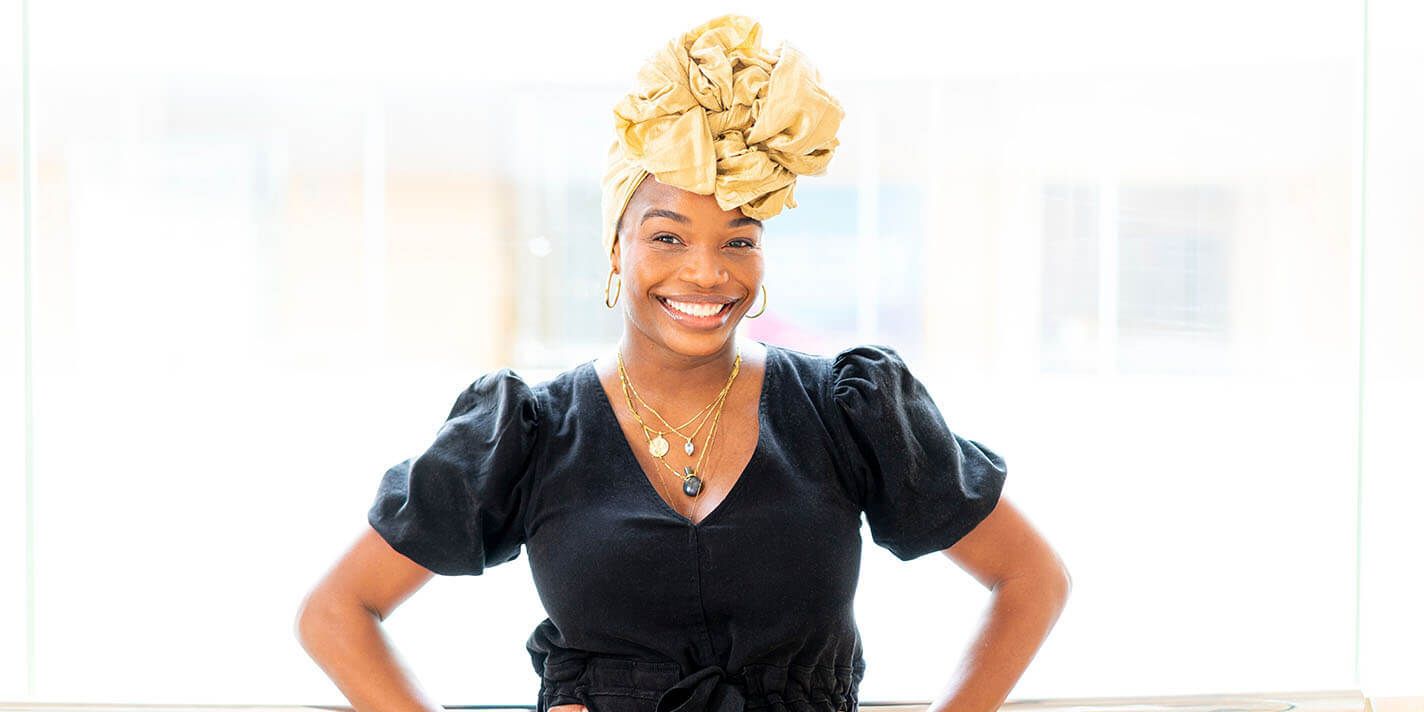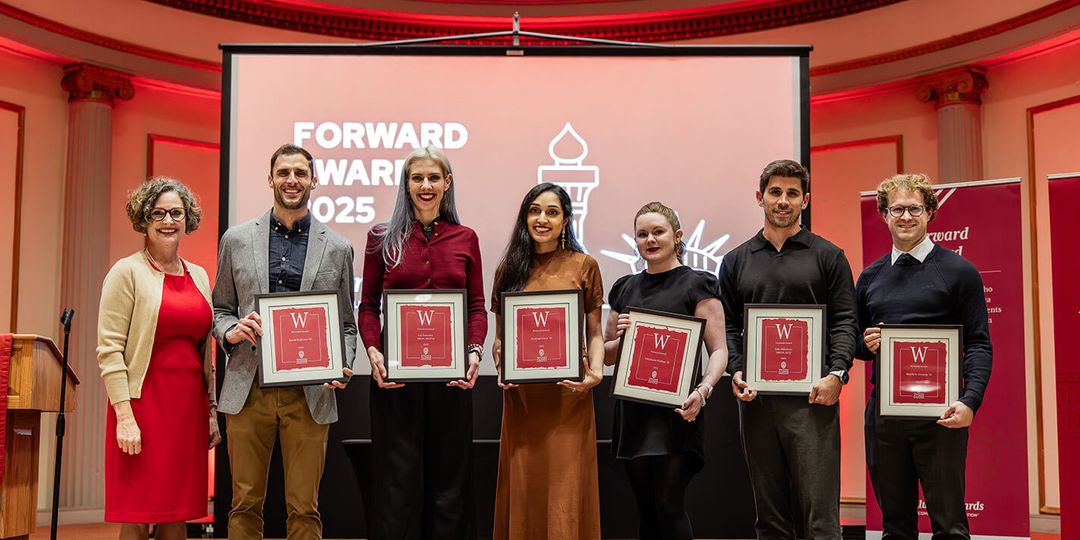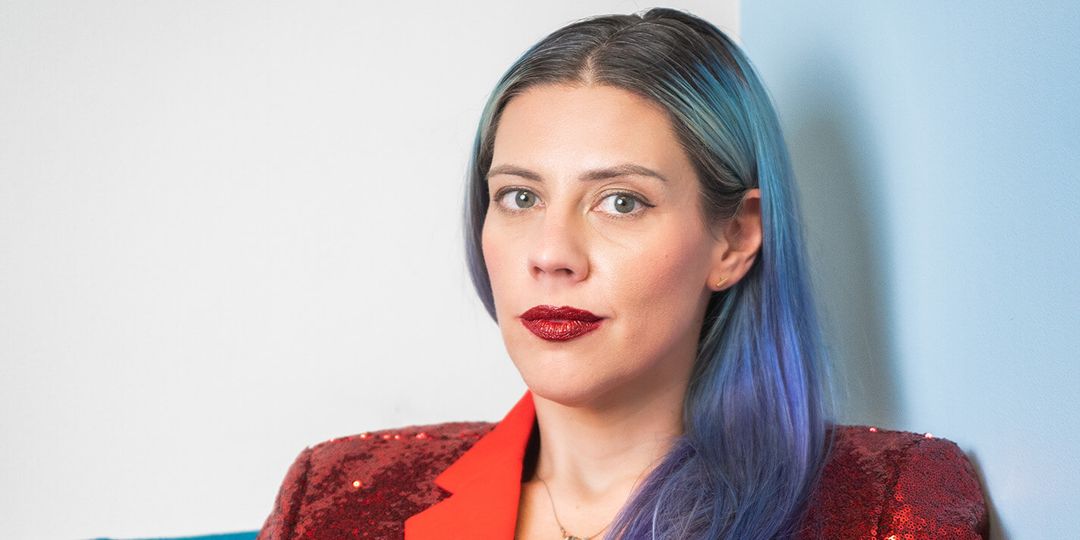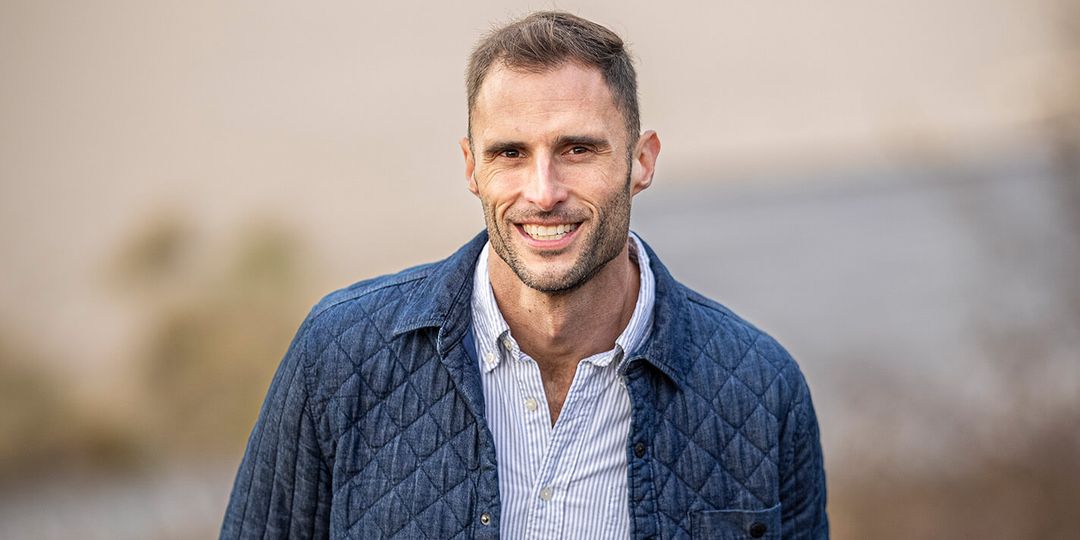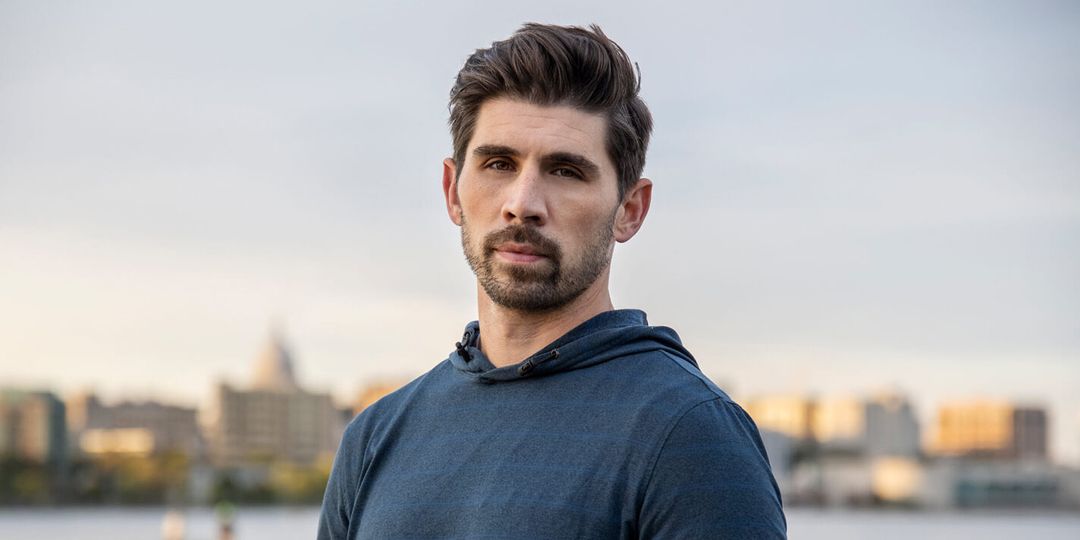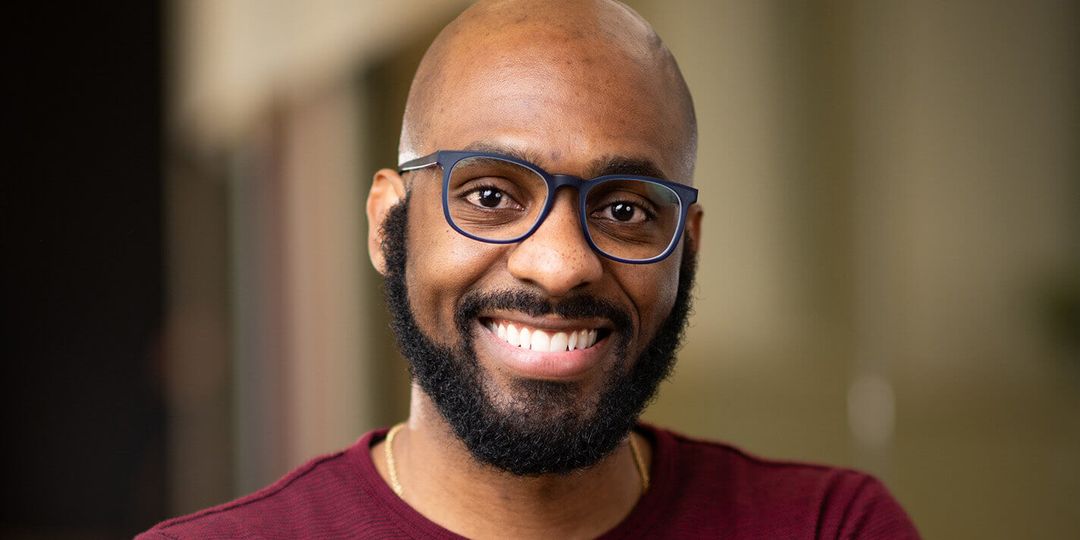New Orleans, Louisiana
Poet-Playwright; Cultural-Memory Worker
UW Major: Education; English; Gender & Women’s Studies
Her staged works are award-winning, but playwright Erika Dickerson-Despenza looks beyond the lists of rave reviews, literary honors, and industry accolades. When her plays move audiences to take action, to her, that’s greater than any award.
One example is cullud wattah, her highly regarded play that debuted at New York’s prestigious Public Theater.
“We get to raise awareness, we get to politicize folks, we get to radicalize them, we get to point them in the direction of direct ways that they can help,” Dickerson-Despenza said in a Public Theater video about the making of the play.
Dickerson-Despenza says she writes with a Black, Queer, Feminist lens, calling attention to how communities can organize to liberate Black women and girls around the globe.
An Afro-surrealist play about the racism and the politics of the water crisis in Flint, Michigan, and the devastating effects on the past, present, and future of three generations of a family of women, cullud wattah won the respected Susan Smith Blackburn Prize, which honors work by women+, including women, transgender, and nonbinary playwrights.
In 2022, Dickerson-Despenza guided two long-awaited off-Broadway openings of cullud wattah at the prestigious Public Theater in New York, as well as at Victory Gardens Theater in her hometown of Chicago, where her work may have even greater meaning.
“I can make work that is inciting no change, and I can make work that is very status quo, and I can make work that gets me on Broadway, but that means nothing to my people on the west side of Chicago,” she said during a Wisconsin Idea Spotlight panel discussion in Madison in April.
Dickerson-Despenza also raises awareness of environmental racism through a series of plays about water, race, capitalism, politics, and the destructive effects on communities. To date, she’s released [hieroglyph] and shadow/land, a radio play, which are both part of a 10-play cycle about the disasters that followed Hurricane Katrina.
Offstage, Dickerson-Despenza’s environmental activism has included serving as a National Arts & Culture Delegate for the U.S. Water Alliance’s One Water Summit 2019.
“Water justice is not an American issue, it is not a Black issue or a white issue or an Indigenous issue,” Dickerson-Despenza said in the Public Theater video. “It is a global issue.”
Dickerson-Despenza’s literary activism was informed by her experiences as a UW–Madison student, when she was a scholar in the urban-arts-focused First Wave Learning Community. She founded The For Colored Girls Project, a rotating theater ensemble in which women of the global majority explored intersectionality through performances; and she studied African Feminist Thought, language policy planning, and education during a year abroad in South Africa.
Her journey through First Wave, Dickerson-Despenza says, deepened her appreciation of the written word as a vehicle that can help communities achieve freedoms.
“First Wave made me really evaluate ‘what do I want to do, and what do I want to be? And how do I want to do it in a way that is in alignment with my liberatory goals for myself and my people,’ ” she said during the Wisconsin Idea Spotlight event. “Through time, no matter what video archives are gone, literature lasts, so what we do on the page matters.”
